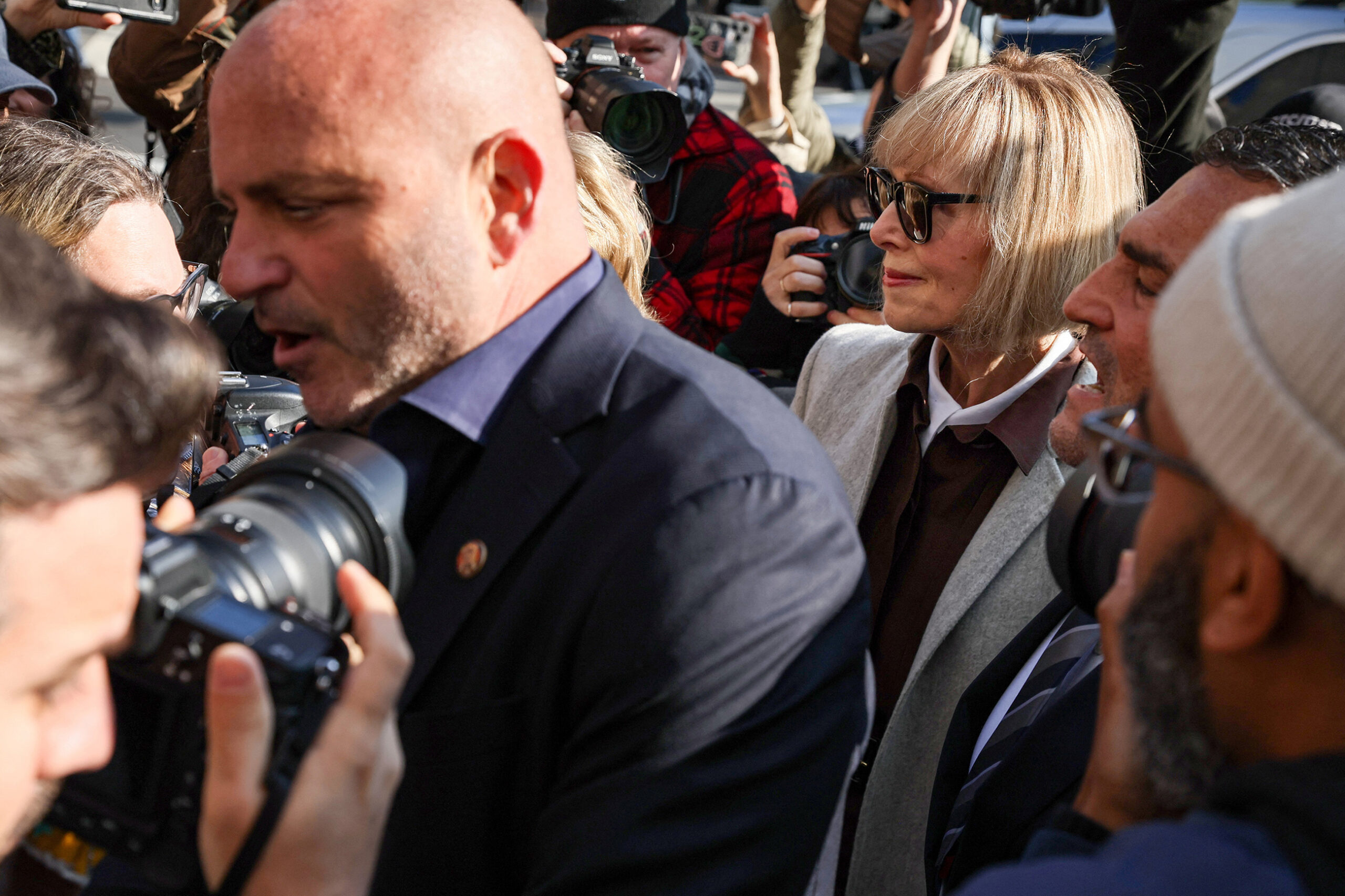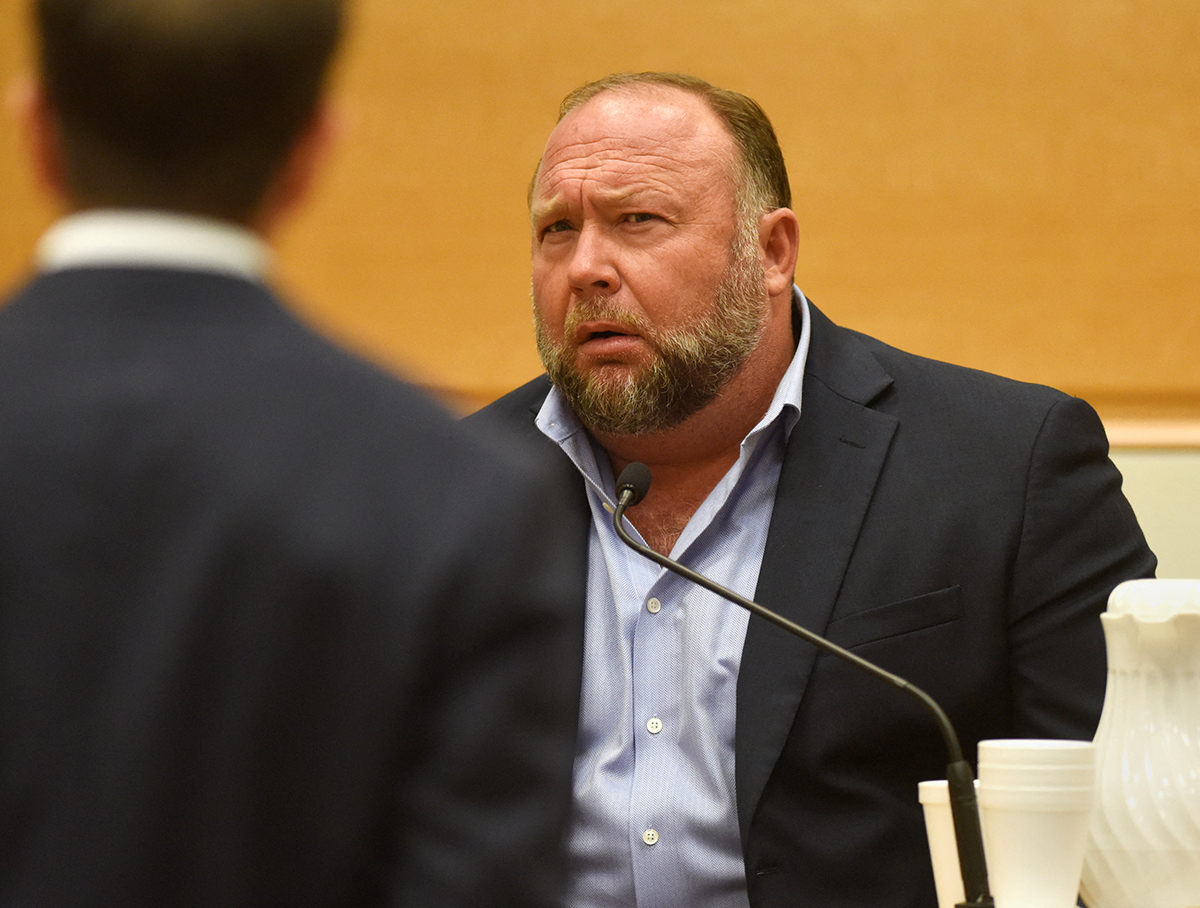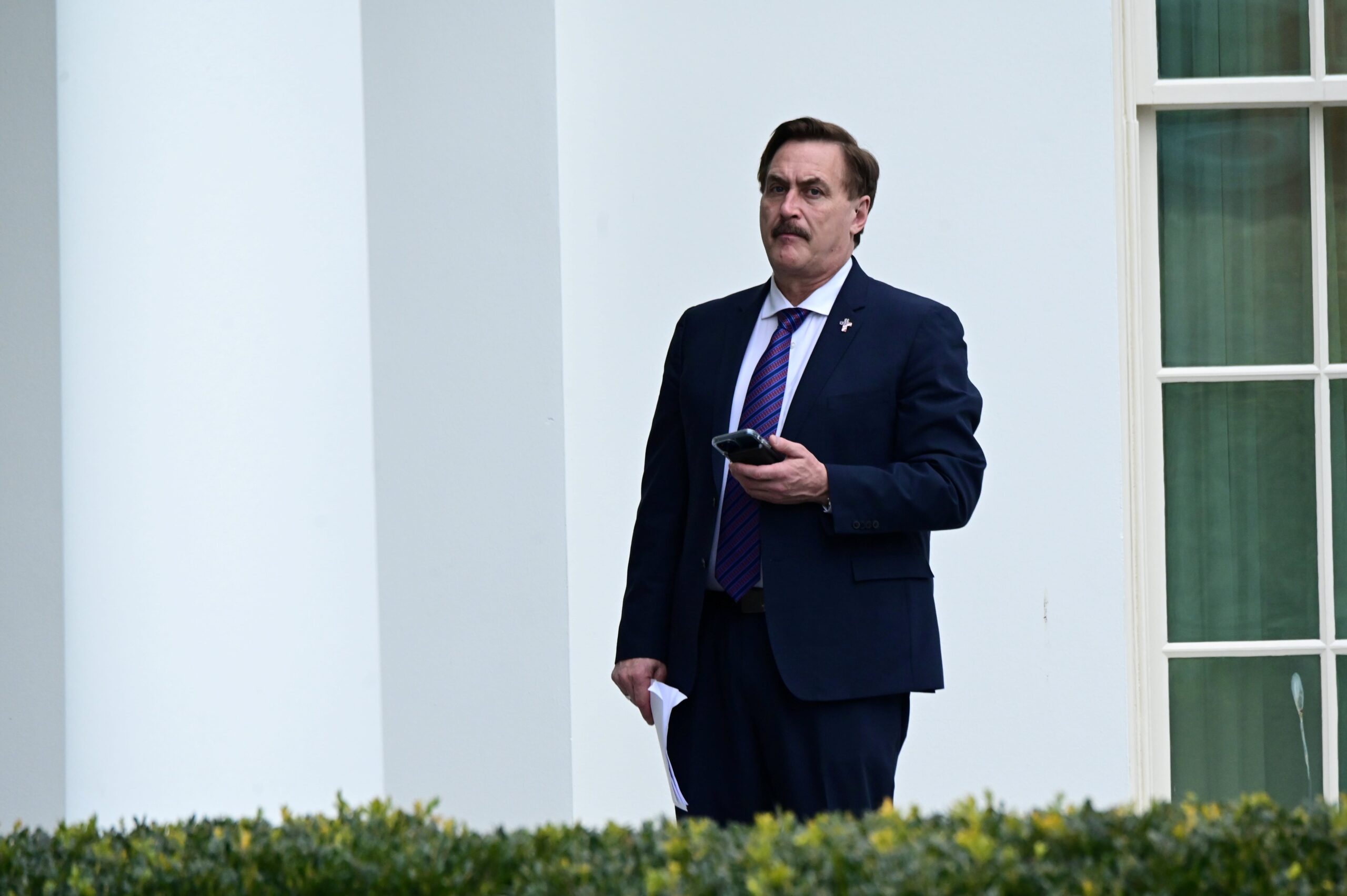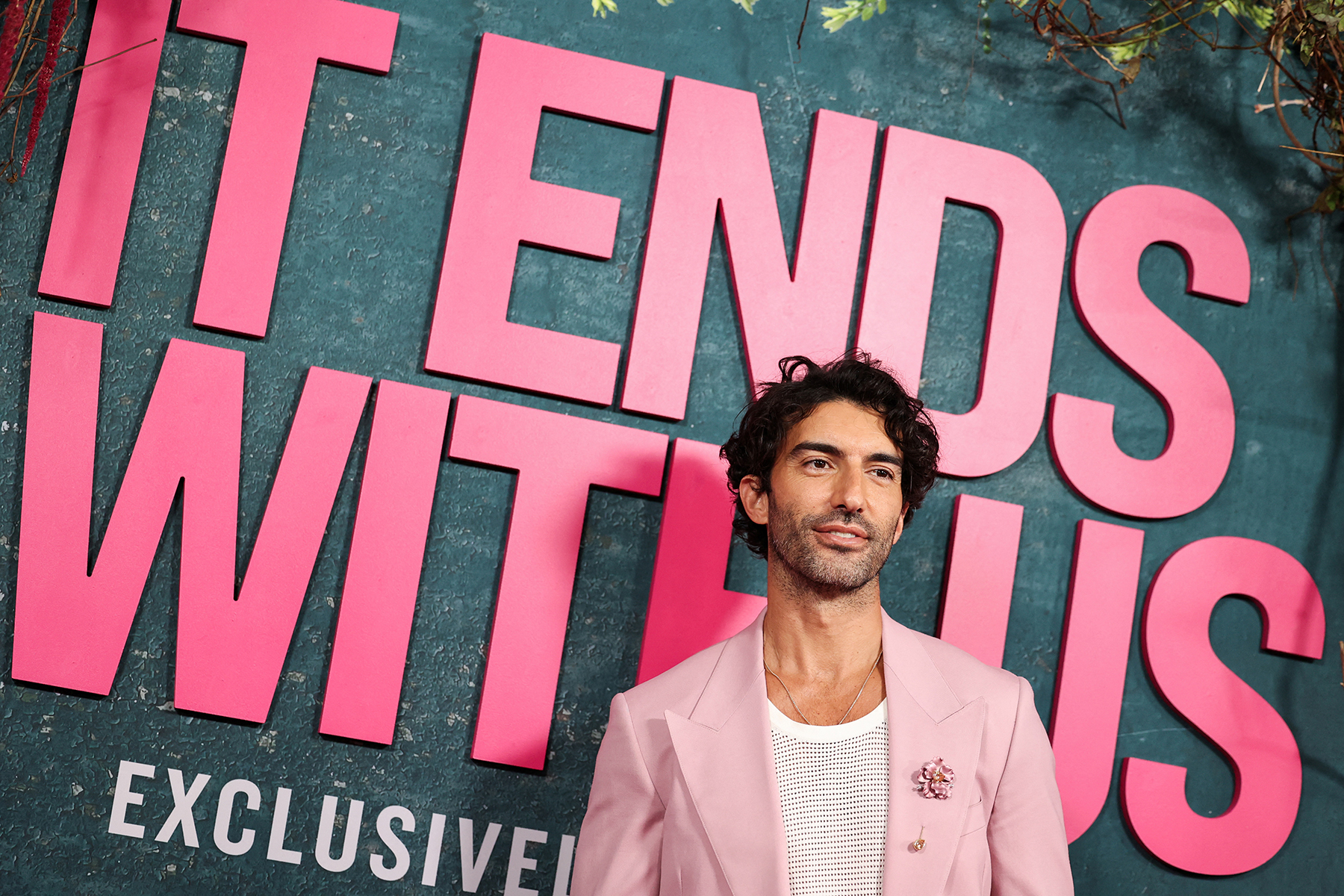The trial of former Elle Magazine advice columnist E. Jean Carroll’s defamation and battery lawsuit against Donald Trump began today with jury selection, nearly 30 years after the former president allegedly raped her in a midtown Manhattan department store dressing room.
Around 9 a.m. Carroll arrived at the federal courthouse in downtown Manhattan, and was greeted by dozens of reporters and supportive protesters. Some held signs that said: “Trump is a rapist.” Another depicted Trump shouting from a prison cell while wearing a black and white striped jumpsuit.
U.S. District Judge Lewis Kaplan questioned nearly 100 prospective jurors, asking about their news consumption habits, political affiliations and any awareness of the details of this trial. Among the pool, nine jurors were selected — six men and three women, according to the New York Times.
The jury will remain anonymous, Judge Kaplan ruled last month, and reiterated today that “The fewer people who know who you are, the better,” he said to the selected jurors, The Times reported.
In 2019, Carroll published an excerpt of her memoir, “What Do We Need Men For?: A Modest Proposal,” in New York Magazine, in which she referenced in detail for the first time her accusation of Trump allegedly raping her in late 1995 or the spring of 1996 in a Bergdorf Goodman department store.
Carroll filed her first defamation lawsuit against Trump in 2019 which referenced three allegedly defamatory statements he made following the release of her excerpt in which he said he didn’t know Carroll and she wasn’t his “type.” A trial in that suit “could prove unnecessary,” Judge Kaplan ruled, and paused it indefinitely.
Today, the case before the jury is focused on a second lawsuit Carroll filed in 2022, which includes an October 2022 statement from Trump, as well as a battery claim under the Adult Survivors Act.
The Adult Survivors Act was signed into law by New York Gov. Kathy Hochul in May 2022, and provides a one-year window for sexual assault survivors who were 18 years or older at the time of their assault to file civil proceedings against their alleged abusers despite the statute of limitations. Carroll’s lawsuit was filed in the early morning hours of Nov. 24, 2022, in the U.S. District Court for the Southern District of New York, the day the Adult Survivors Act went into effect.
Under the battery claim, the suit states that Trump’s actions account for offenses including rape in the first degree, rape in the third degree, sexual abuse in the first degree, sexual abuse in the third degree, sexual misconduct and forcible touching.
The jury is tasked with deciding if Trump is liable for battery, and if he is, will award an unspecified amount of monetary damages to Carroll.
The allegedly defamatory statement was shared by Trump in October 2022 on Truth Social, a Twitter-like platform owned by the Trump Media and Technology Group.
The statement denounced Carroll’s accusations and called the case a “complete con job.”
“It is a Hoax and a lie. Just like all the other Hoaxes that have been played on me for the past seven years. And, while I am not supposed to say it, I will. This woman is not my type!” part of the statement read. Trump also called Carroll’s attorney Roberta Kaplan a “political operative and Cuomo crony who goes around telling people that the way to beat Trump is to sue him all over the place.”
The lawsuit states that Trump’s statement was defamatory, and garnered wide media attention. It added that the statement was made “with ill will and spite, and with wanton, reckless, or willful disregard for its injurious effects on Carroll and Carroll’s rights.”

E. Jean Carroll, former U.S. President Donald Trump’s rape accuser, arrives for the start of a civil case at Manhattan federal court in New York City, April 25, 2023. (Reuters/Brendan McDermid)
During the course of the trial, in determining if Trump is liable for battery and defamation, the jury will hear testimony from two other women who allegedly were assaulted by the former president, despite Trump’s effort to bar their testimony from being heard in court.
In a March ruling, Judge Kaplan ruled he would allow portions of the women’s testimony. One woman, Jessica Leeds, claimed she was seated next to Trump on a flight in 1979 when he attempted to kiss and fondle her. The other, People magazine writer Natasha Stoynoff, claimed that when she traveled to Trump’s Mar-a-Lago residence in 2005 to interview him and his wife, Melania, that he forcefully kissed her without her consent.
“Mr. Trump’s alleged sexual assaults on Mss. Leeds and/or Stoynoff, if the jury is permitted to hear their testimony and believes it, is likely to weigh heavily in the jury’s determination,” Judge Kaplan wrote. “In consequence, their testimony, if received, could prove quite important. Indeed, that surely is why Mr. Trump seeks to exclude it.”
In the same ruling, Judge Kaplan also allowed an “Access Hollywood” tape of Donald Trump to be used as evidence. The tape, Carroll’s attorneys argue, provides evidence to the jury that would show Trump’s pattern of behavior. The 2005 recording includes Trump stating: “When you’re a star, they let you do it. You can do anything … Grab them by the p—y. You can do anything.”
“A jury reasonably could find, even from the ‘Access Hollywood’ tape alone, that Mr. Trump admitted in the ‘Access Hollywood’ tape that he in fact has had contact with women’s genitalia in the past without their consent, or that he has attempted to do so,” Judge Kaplan wrote.
In addition to the “Access Hollywood” tape and the testimony of Leeds and Stoynoff, two women Carroll confided in following the alleged rape will also testify during the trial.
Since it is a civil trial and not one that will determine if Trump can be held criminally liable for sexual battery, Trump is not required to attend. Carroll’s attorneys have stated they will not call him as a witness, according to a memo from Judge Kaplan. For now, Trump’s attorney Joseph Tacopina will be without him in defending this case. If Trump decides to travel to Manhattan, his testimony will be voluntary.
Carroll’s attorneys asked Judge Kaplan on April 19 to block Trump’s legal team’s use of parts of Carroll’s deposition, claiming Trump never received permission under a federal evidentiary rule to include it as evidence. The fundamental aspect of the rule, the letter stated, is that depositions of this sensitive nature remain under seal as to “not create public embarrassment for victims of sexual assault or otherwise publicly reinforce offensive sexual stereotypes about them.”
On the eve of the trial, Judge Kaplan granted the request. He also held that the “determination of what evidence and argument is precluded” by the rule will be handled at trial.
Judge Kaplan added a line of advice for the attorneys, too: “Both sides might be well advised to exercise judgment about the content of their opening statements to avoid objections from opposing counsel.”
Read more of our coverage on E. Jean Carroll v. Donald Trump here
Tags




